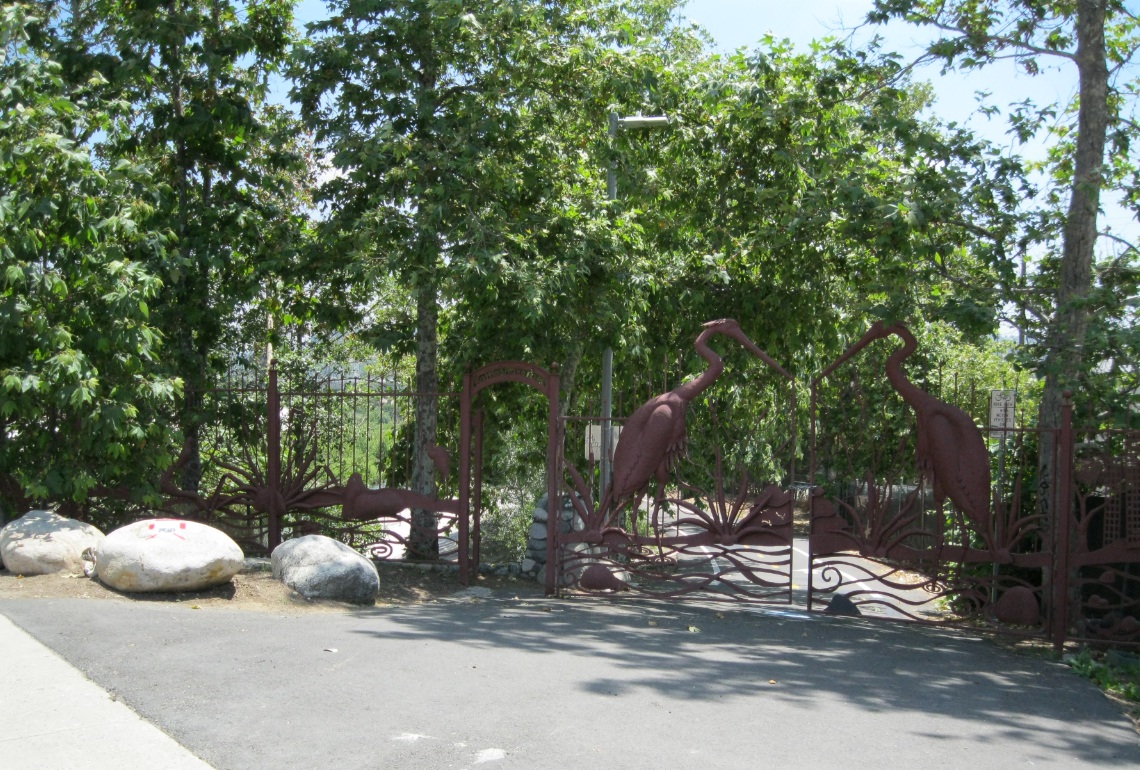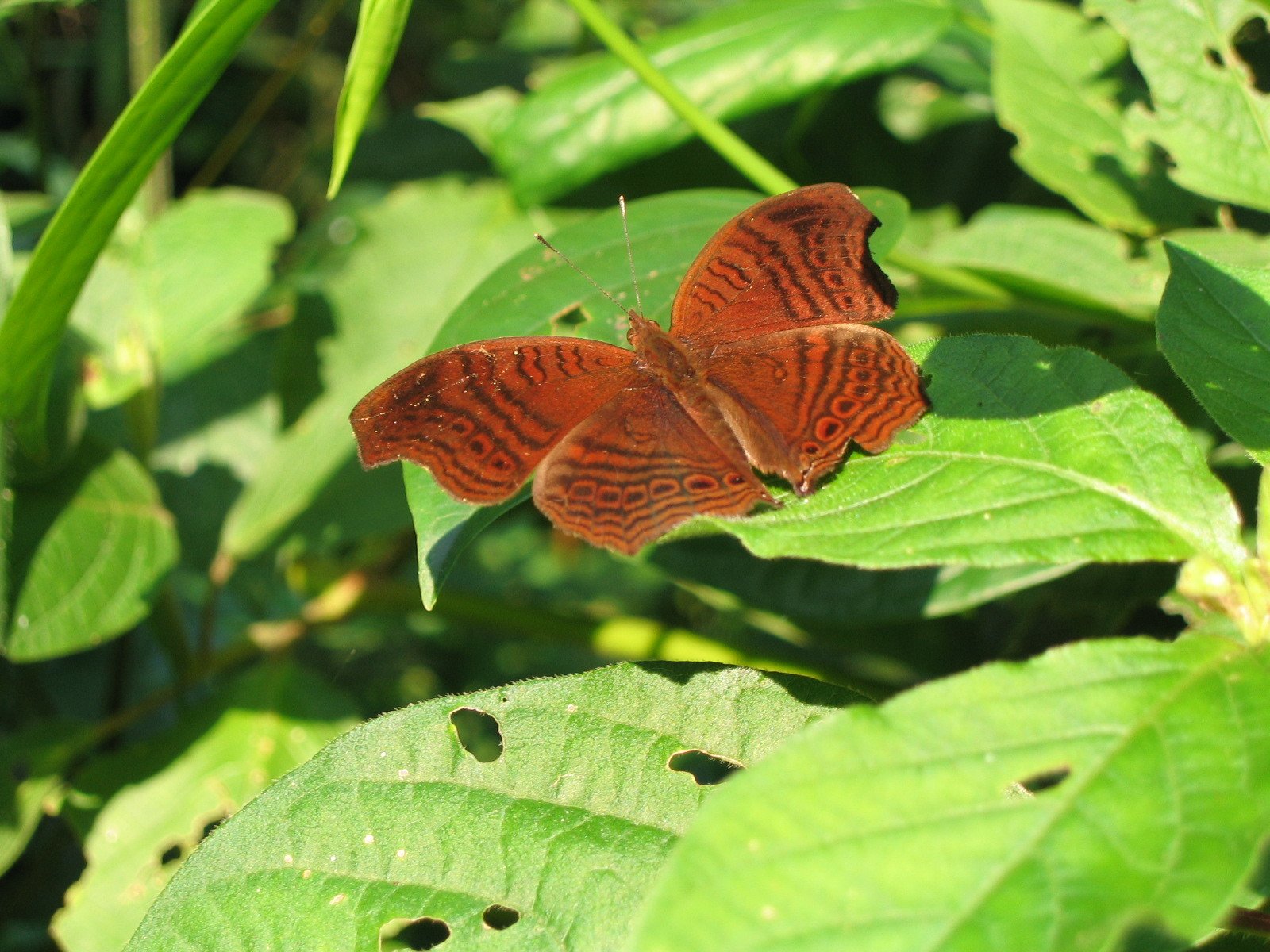
Natural Justice
Osceola Ward, class of 2017 Project summary: For his leadership project, Osceola is volunteering with the outdoor education organization Outward Bound Adventures to design and implement an African-American history curriculum…

Osceola Ward, class of 2017 Project summary: For his leadership project, Osceola is volunteering with the outdoor education organization Outward Bound Adventures to design and implement an African-American history curriculum…

Los Angeles is home to the largest urban oil field in the country, and we are researching the health and societal impacts of urban drilling on local communities.

While highly modified, urban areas in Los Angeles County are part of a broad network of ecosystems. In addition to impacting natural ecosystems, urban areas also act as ecosystems, maintaining many…

Andy Pasillas, class of 2016 Andy had a leadership role on a project that is supporting the development of a complete and community-driven Los Angeles River greenway, especially in underserved…

Project summary: Ariana proactively worked with a team of students from the Anderson School of Management to co-organize the Energy Innovation Conference hosted at UCLA in the spring of 2016.…

West Nile virus (WNV) has spread rapidly in North America, threatening wildlife and posing serious health risks to humans. In order to better understand how the distribution of WNV will further impact populations, we model the incidence of WNV infections under current conditions, and use these to predict where the disease may occur in the future.

Wondering what's in the air you breath? How does it affect your health? Find the answers to those questions and more here. The Institute of the Environment and Sustainability produces reports on different aspects of air quality in Los Angeles, such as particulate matter, toxic pollutants and public health impacts.

In 2016, the California Energy Commission (CEC) awarded an Electric Program Investment Charge (EPIC) grant to UCLA to accelerate the deployment of Advanced Energy Communities (AECs). In partnership with the…

Overview The UCLA Center for Tropical Research (CTR) is at the forefront of research and surveillance of avian influenza virus (bird flu or avian flu) in wild birds. CTR has…

Southern California harbors some of the highest levels of biodiversity on the continent, yet is also home to millions of humans that compete for wildlife space and resources. In order to best balance these often competing components, researchers at the Center for Tropical Research are helping to construct a Los Angeles Biodiversity Atlas.

In this project, UCLA and Arizona State University researchers developed a sophisticated and in-depth description of future electricity demand, grid response, and vulnerability due to increased heat events in Southern California Edison territory under current and future climate scenarios. The project's findings enable innovative grid management and operation strategies and identify adaptation guidance.

The California coast is reaching a tipping point of becoming out of reach for many Californians.